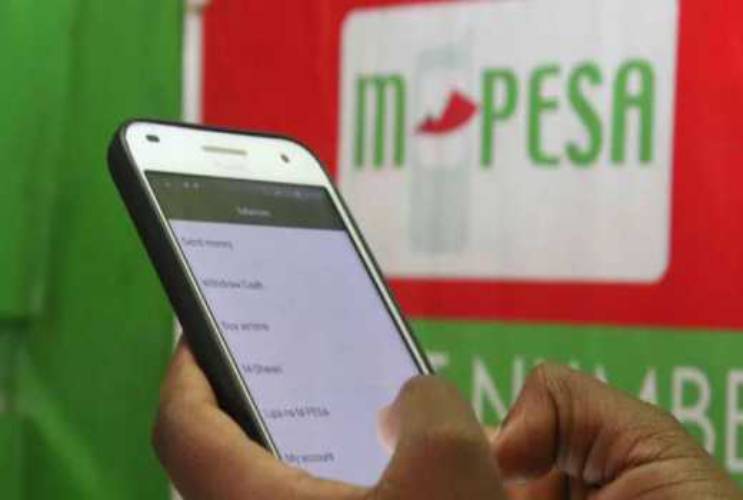×
The Standard e-Paper
Home To Bold Columnists

The proportion of Kenya’s population with access to formal financial services rose to 83 per cent from 75 per cent in 2016, driven largely by mobile technology, a survey part-conducted by the central bank showed on Wednesday.
The East African nation is one of the world’s leaders in mobile money services, after telecoms operator Safaricom pioneered its M-Pesa service 12 years ago to cater for Kenyans without access to the formal banking network.